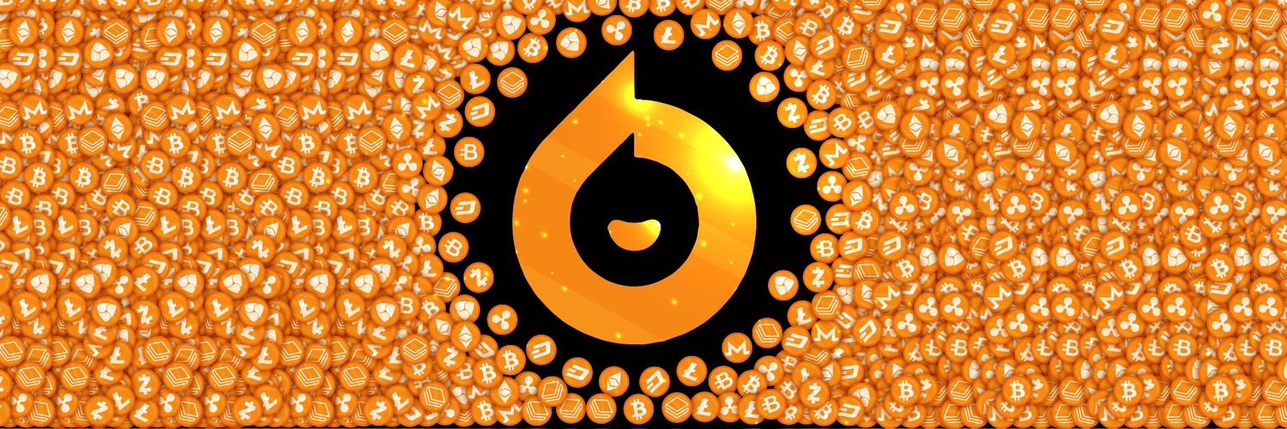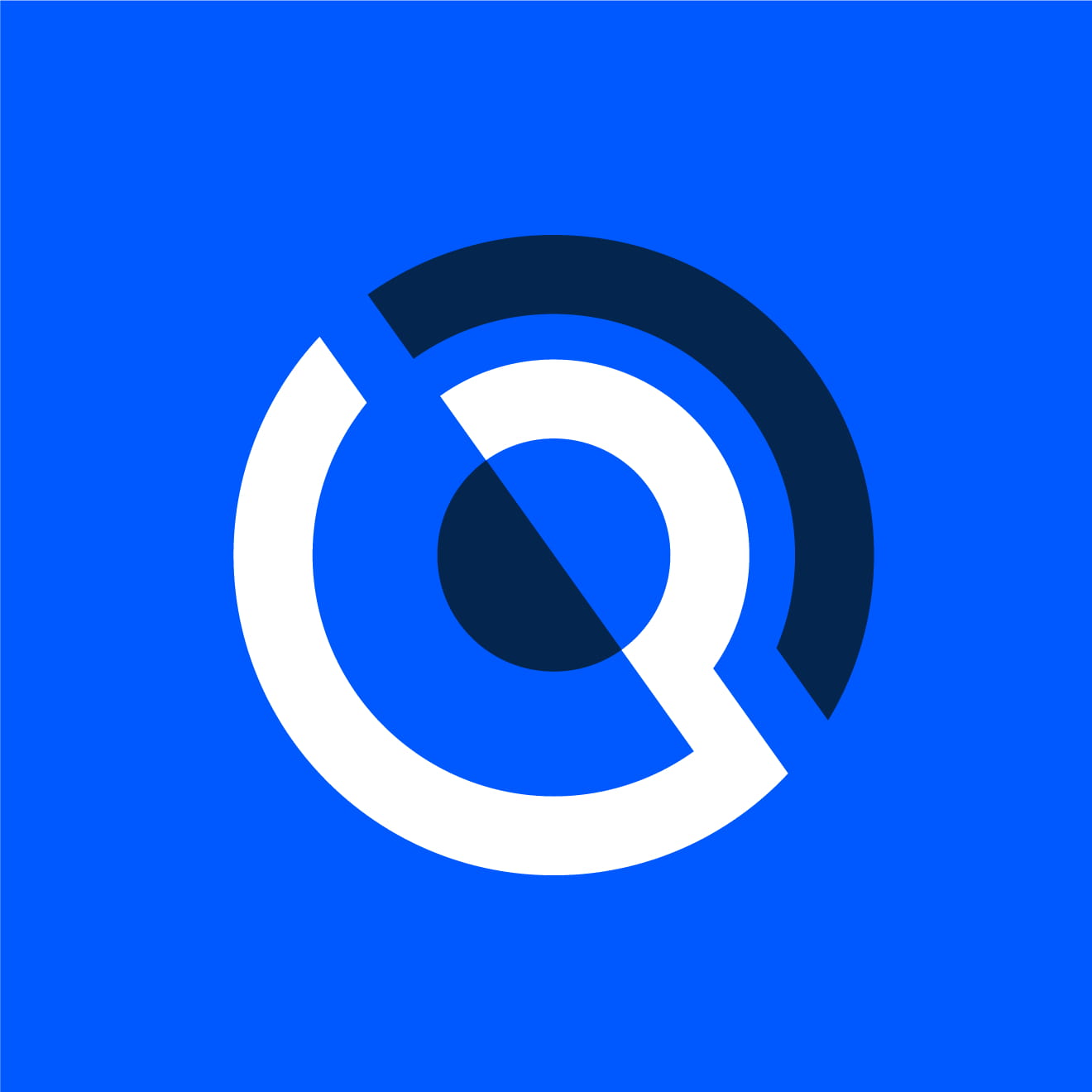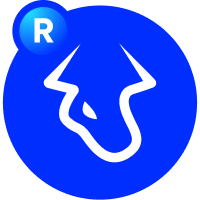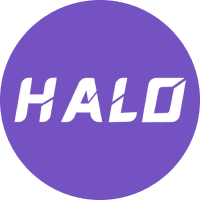FIFA coin price tumbles as traders confuse it with official NFT initiative
A little-known crypto token saw sharp volatility today.
FIFA surged over 67% in recent days before crashing more than 58% in the past 24 hours, according to CoinMarketCap data.
The token, trading under the symbol FIFA and priced at just $0.000000259, briefly drew attention amid speculative rumors that it was linked to the global football organization FIFA’s web3 initiatives.
The token is currently ranked #3534 on CoinMarketCap. There is no evidence that the FIFA token is connected to the official governing body.
The real FIFA made headlines in April after announcing plans to migrate its NFT platform, FIFA Collect, from the Algorand network to a new Ethereum Virtual Machine-compatible blockchain.
The update outlines a move aimed at improving interoperability and fan engagement via digital collectibles and real-world experiences.
FIFA stated that the migration is scheduled for no earlier than May 20 and will require users to connect through Ethereum Virtual Machine-compatible wallets such as MetaMask.
Meanwhile, the FIFA token remains highly speculative and lacks publicly available information about its developers, use case, or circulating supply. Its rapid rise and fall highlight the ongoing risks of misinterpreted news in the crypto market.
RWA: VanEck Launches Tokenized Fund Backed By US Treasury Securities
VanEck launched on Tuesday the 13th the VanEck® Treasury Fund, Ltd. (VBILL). This is the world’s first real-world asset (RWA) tokenization fund from the global asset manager. This was achieved through a partnership with Securitize, an RWA platform with total assets under management (AuM) of $3.9 billion (as of May 12). This volume is expected to increase soon, as VBILL was designed to provide investors with secure, real-time access to assets backed by the United States Treasury.
VanEck, which filed for a BNB ETF in the United States , has just launched the VanEck® Treasury Fund, Ltd. (VBILL) through a partnership with the tokenized RWA platform Securitize . It is a tokenized product that exposes investors to money market funds backed by U.S. Treasury securities.
According to the global investment manager, VBILL offers 24/7 liquidity and real-time settlement, through onramps via the stablecoin USDC.
Initially, the tokenized fund is available on the Avalanche, BNB Chain, Ethereum, and Solana blockchains. Interoperability between blockchains is enabled by the Wormhole protocol to facilitate secure and seamless token transfers.
The new tokenized RWA utilizes integrated services from Securitize, including tokenization, fund administration, transfer agency, and brokerage features to enhance market access, liquidity options, and operational efficiency.
Another feature of the new tokenized investment product is “atomic liquidity” through the U.S. dollar-backed stablecoin AUSD, issued by the financial infrastructure company Agora.
This collaboration combines the best of Securitize’s fully integrated tokenization model with VanEck’s deep asset management expertise. With VBILL, our combined efforts demonstrate tokenization’s ability to create new market opportunities with the speed, transparency, and programmability of blockchain technology.
VanEck’s Digital Assets Product Director, Kyle DaCruz, considered that tokenization of Treasury securities represents “a secure, transparent, and liquid tool for cash management, further integrating digital assets with traditional financial markets”.
Tokenized funds like VBILL are increasing market liquidity and efficiency, reinforcing our commitment to generate value for our investors.
VBILL shares are issued and recorded on blockchain networks, offering investors greater transparency and faster settlement times compared to traditional fund structures. According to VanEck, the fund targets institutional and qualified investors. Minimum subscriptions start at $100,000 for investments on Avalanche, BNB Chain, and Solana, and $1,000,000 on Ethereum.
The VanEck® Treasury Fund, Ltd. is organized under the laws of the British Virgin Islands, with Van Eck Absolute Return Advisers Corporation acting as investment manager and Van Eck Securities Corporation as marketing agent. Securitize Markets, LLC serves as the placement agent for the offering.
VanEck also reported that it will be administered by Securitize Fund Services, with RedStone acting as the oracle network to provide daily net asset value (NAV) calculations. The fund’s asset custodian is State Street Bank and Trust Company.
Data from the platform RWA.xyz at the time of this edition indicated $6.91 billion in RWA tokens solely from U.S. Treasury securities. This represented 45 assets distributed among 18,029 holders.
Of the total, $5.3 billion were tokens minted on the Ethereum network, $455.1 million on Stellar, $295.5 million on Solana, $187.4 million on Arbitrum, $120.5 million on Avalanche, and $139.6 million off-chain.
Contrary to the $21 billion market capitalization of tokenized assets, the CEO of Plume recently stated that the RWA market isn’t really worth that much .
Apple blocks the Fortnite video game on iOS worldwide
Apple rejected Fortnite’s latest submission for the App Store in the U.S. and blocked distribution via Epic’s store in the EU. Epic Games, backed by Tencent(TECHY), revealed today that the move stopped all access to the game on iPhones worldwide, yet Apple has not commented publicly.
The latest block resulted after Epic Games reportedly won a case against Apple earlier this month. This is the second time Apple has blocked Epic Games’ Fortnite due to an ongoing legal dispute between Apple and Epic Games since 2020. The initial block of Fortnite by Apple in 2020 was due to Epic Games’ attempt to evade Apple’s payment system.
According to Epic Games, access to Fortnite via the App Store and iOS will be unavailable globally until Apple lifts the ban. Epic Games sued Apple, accusing it of charging up to 30% commission on in-app purchases, violating the U.S antitrust regulations. Apple has already appealed the decision, and the case is in progress.
After the initial block in 2020, Apple reinstated Epic Games, creator of Fortnite and backed by China’s Tencent(TECHY), last year after receiving much pressure from the European Union(EU). EU authorities enforced the Digital Markets Act (DMA), and later, Apple approved Epic Games’ marketplace app for iPhones and iPads in the EU region.
Epic Games has relied mostly on the EU-based developer account to try to relaunch Fortnite under the region’s new DMA, which requires Apple to allow third-party app stores on iOS. Epic Games briefly went live in the EU region via other marketplaces, such as the Epic Games Store and AltStore PAL.
Epic Games later revealed that the game was blocked on those sites, too, though it’s unclear whether Apple directly removed it or Epic themselves did in anticipation of being rejected. Epic Games Founder and CEO Tim Sweeney wrote that Apple’s App Review team should be free to review all submitted apps on time and accept or reject them according to the plain language of their guidelines. He added that senior management shouldn’t weaponize app review to delay or block competition, due process, or free speech.
Last month, the European Union found Apple guilty of the DMA obligation to give consumers the choice of a service that uses less of their data and fined €500 million. According to the EU, Apple imposed restrictions on app developers, limiting their ability to fully benefit from the advantages of alternative distribution channels outside the App Store.
Similarly, consumers were denied the benefit of alternative and cheaper offers as Apple prevented app developers from directly informing consumers of such offers. Apple failed to demonstrate that those restrictions were objectively necessary and proportionate
Amid the surprise block, Apple’s stock was triggered, jumping by 0.18% on Friday’s premarket session and then falling later. Tencent’s China stock fell by 2.53% today. Apple’s stock has decreased by 15% this year and 12% over the past 12 months. Tencent Stock jumped 24% this year and 28% over the last 12 months.
The European Union’s regulatory body has also accused Microsoft of violating the Digital Markets Act. Recently, Microsoft found itself in the battle after being charged with bundling the Teams video conferencing app with Office 365 and Microsoft 365, giving Teams an unfair advantage over rivals. The investigation emerged after Slack filed a lawsuit claiming Microsoft’s behavior was anti-competitive.
To settle the dispute, Microsoft proposed selling Teams separately from the competitor products, ensuring better interoperability. Microsoft stock remained flat in the premarket session. The stock is up 16% this year and has gained more than 8% in the past 12 months.
KEY Difference Wire : the secret tool crypto projects use to get guaranteed media coverage


 最低価格
最低価格 最高価格
最高価格 



















